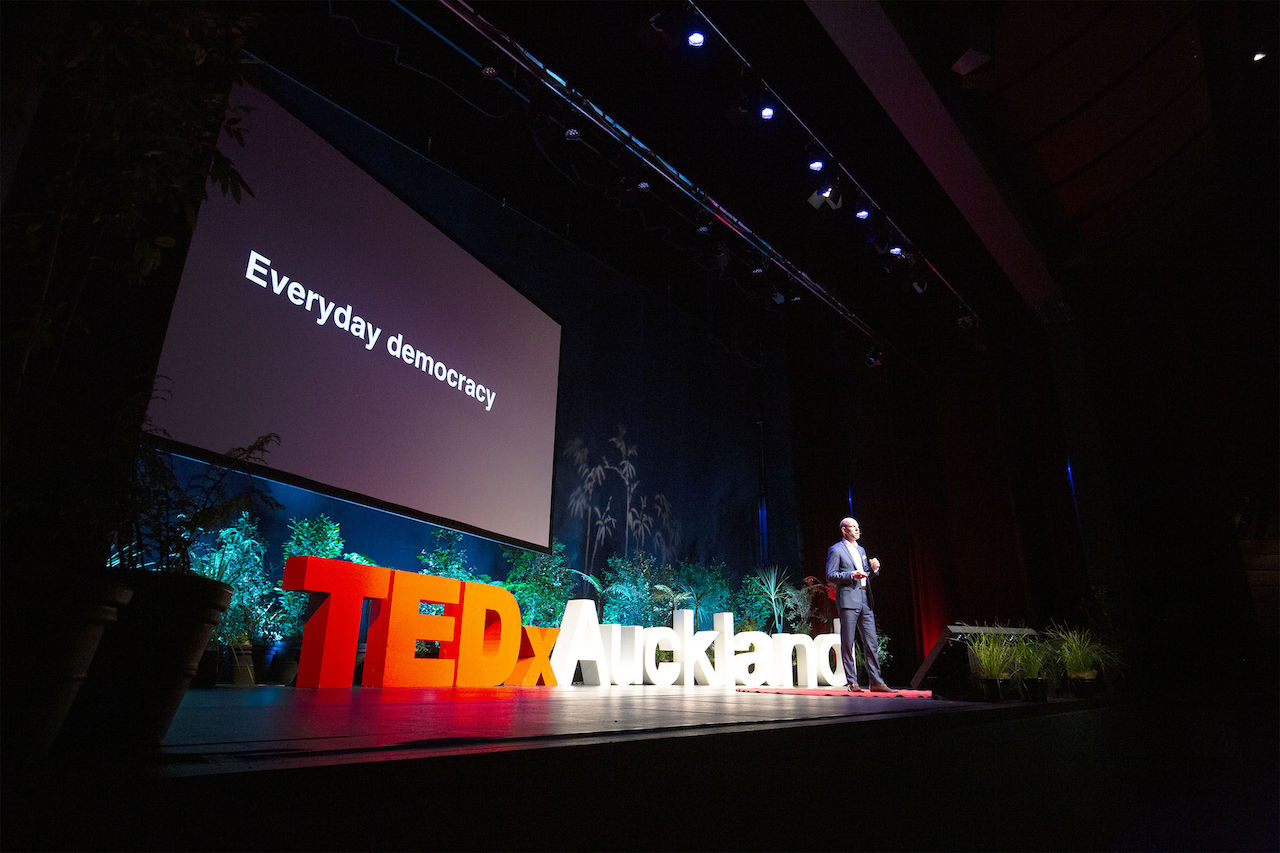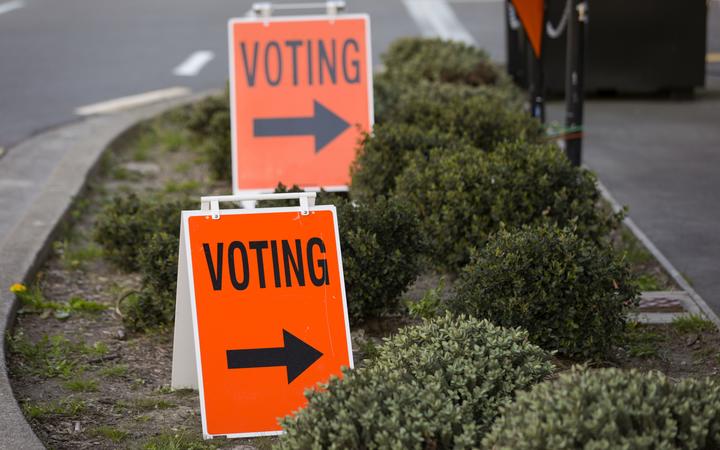Save, embed, share, report
More from this channel
Update02 Nov, 2020
What it achieves and where it may fail will all fall directly at the feet of Jacinda Ardern and her party.
The question now is who will respond to the opportunity and pressure and who will wilt. Because what this line-up reminds us, more perhaps than anything else, is that this is a Labour government. Not Labour-led, not Labour-Greens, but Labour, Labour, Labour.
Update31 Oct, 2020
The agreement sets out other specific areas the Labour Government will cooperate on with the Green Party
The Labour Party and the Green Party will have a Cooperation Agreement that will see the Green Party Co-leaders hold ministerial portfolios outside of Cabinet, and areas of cooperation on climate, environment and child and community wellbeing issues.
Update31 Oct, 2020
Subject to the release of the final results on 6 Nov, the incoming govt will respect the result of both referendums.
Assisted dying remains illegal in New Zealand until 6 November 2021.The Act will be administered by the Ministry of Health. The Cannabis Legalisation and Control Bill will not be introduced as legislation by the Labour Government this term.
Update26 Oct, 2020
Ardern’s public persona is as cultivated as a carefully-curated Instagram page.
Her image is tightly controlled by a formidable press team led by her chief press secretary Andrew Campbell, with Kelly Spring, a former RNZ journalist, and ex-Stuff business editor Ellen Read. Interviews are not given lightly and journalists often...
Update20 Oct, 2020
Here's what happens if there's a draw
A recount of the electorate vote automatically happens if the official count results in a tie between candidates in an electorate. If the recount results in another tie, the outcome is decided by the Electoral Commission drawing lots. The Electoral...
Update19 Oct, 2020
The Labour party picked up a net of 14 new electorates and an extra four list seats.
In fact, National's share of the party vote fell by 50 percent in 64 electorates and more than halved in nine of them. Five were Māori seats where National rarely registers in the double digits, but the other four were Christchurch East, Manurewa, Rongotai and Wellington Central.













 India
India United States of America
United States of America New Zealand
New Zealand
Alex Stone
Commented 21 Oct, 2020
Your 'other innovative comments' section had a limit; So here's my full submission:
I'd like for people to make their own suggestions on how their tax should be spent. If a person must pay, say $10,000 in personal income tax annually, then that person is sent a tax bill where all government departments get a short pitch to say what they do, and that taxpayer then allocates money to those cost centres according to what he/she feels is right. Perhaps this personal citizen tax allocation should be for (say) 80% of each person's tax bill - with the remainder going to a 'roll-over fund' for the government itself to administer, to contribute to hidden, or longer-term costs at a national level that individuals might not properly appreciate.
I also think that the 5% minimum threshold of overall votes cast, for small parties to enter parliament, should be looked at again. I would like to see some system whereby votes cast for minor parties are not wasted.
The question in your survey about a three-part government, with different agencies responsible for Maori, Pakeha and cross-over administration, was perplexing to me. In some ways, New Zealand could be said to be 'over-governed.' So a further complexity in government administration, I think, is not called for. But I agree, inequity must be addressed. While the MMP system is not perfect, perhaps it could be tweaked to allow for Maori seats voted for in the Maori electoral roll, in direct proportion to the percentage of the population who are (or who identify with-) Maori?
I'd also like to see a system where good and wise people who don't want to get into the bear-pit of combative politics (like Dame Anne Salmond, for instance) could contribute directly to government decision-making. Perhaps the current system of expert advisory boards can be made more effective and transparent?
One radical thought: how can we fairly represent the interests of those who have no say - children, or other species? Could different species be allocated votes (even if via proxy human representatives) in proportion to their accumulated biomass perhaps? This would certainly balance things with regard to, say, the current, completely unsustainable exploitation of the fisheries of New Zealand. In this example, why do recreational fishermen hold so much sway over ecosystems that support more than just themselves?
One more point: I think the widespread implementation of civics education at all levels in our school system, should be happening now. This I reckon would contribute naturally to a re-setting our democratic systems by future generations.